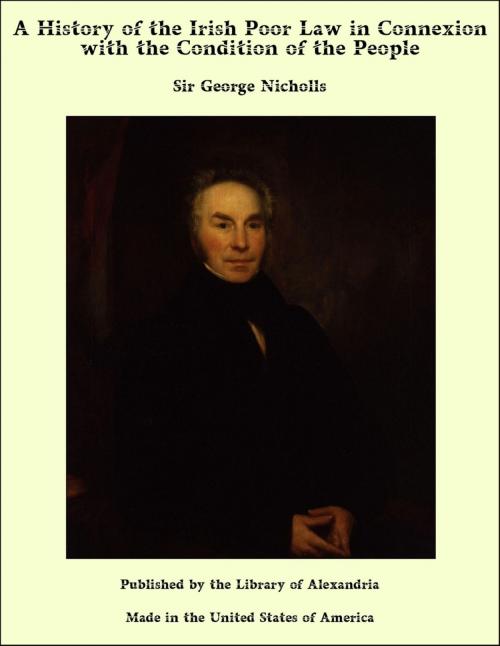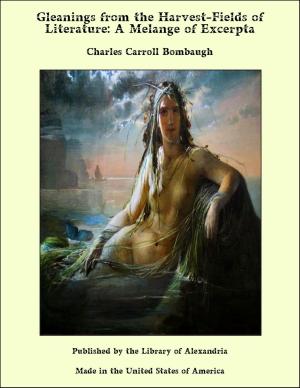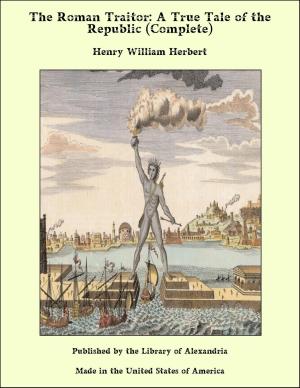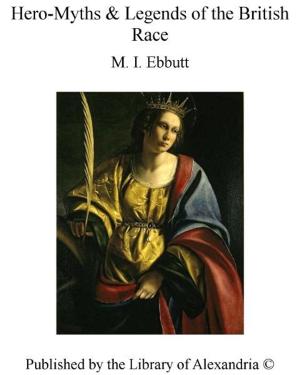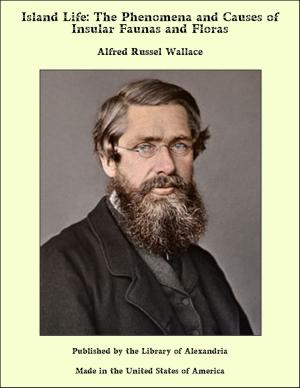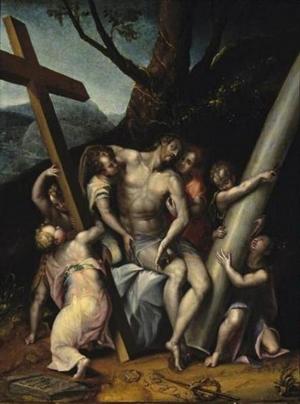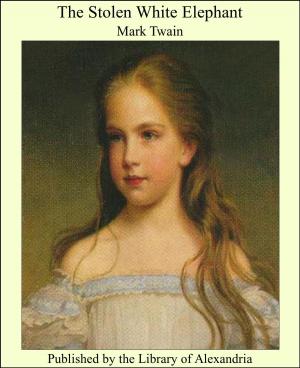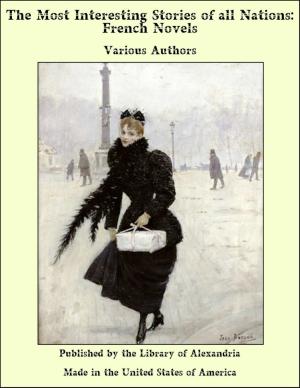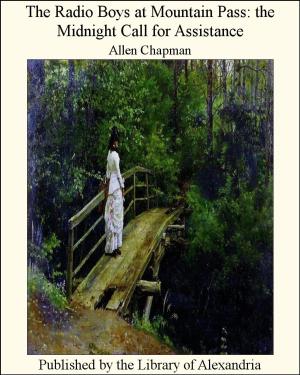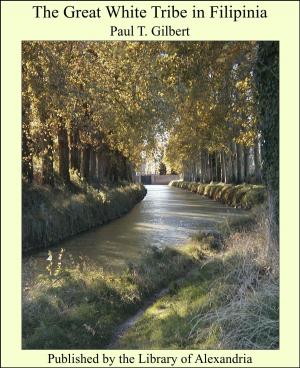A History of the Irish Poor Law in Connexion with the Condition of the People
Nonfiction, Religion & Spirituality, New Age, History, Fiction & Literature| Author: | Sir George Nicholls | ISBN: | 9781465619648 |
| Publisher: | Library of Alexandria | Publication: | March 8, 2015 |
| Imprint: | Language: | English |
| Author: | Sir George Nicholls |
| ISBN: | 9781465619648 |
| Publisher: | Library of Alexandria |
| Publication: | March 8, 2015 |
| Imprint: | |
| Language: | English |
After Strongbow’s expedition to Ireland in the year 1170, which was followed by that of Henry the Second and the general submission of the chieftains of the several clans in 1172, the history of Ireland becomes closely connected with and may be said to form a portion of that of England. The accounts we have of the state of the country anterior to Strongbow’s invasion are vague and uncertain, although there are grounds for believing that some degree of civilization had prevailed, and that intercourse with the East had been to some extent maintained, at a very early period. It has been said that “The Gauls or Celtes from the north-west parts of Britain, and certain tribes from the north-west parts of Spain peopled Ireland, either originally or by subduing the Phœnician colonies which had been established there;” and that the Irish, and their kinsmen the Highlanders of Scotland, are supposed to be “the remains of a people who in ancient times had occupied not only Britain, but a considerable part of Gaul and Spain.” The Irish were no doubt commonly known by the name of Scots, and the proximity of the two countries, irrespective of all other considerations, renders the identity of origin highly probable. The Romans never extended their conquests to Ireland, and it was protected by its insular position from the irruption of barbarians which burst upon the Roman provinces in the fifth and sixth centuries, and caused the dismemberment of the western empire. In that age, we are told, “Irish missionaries taught the Anglo-Saxons of the north, who also resorted to Ireland for instruction.” Lingard says that “when learning was almost extinguished on the continent of Europe, a faint light was emitted from the shores of Erin; and that strangers from Britain, from Gaul, and from Germany, resorted to the Irish schools.” It is probable however that the light was partial as well as faint, and that the Christian monasteries with their learned men which constituted the “schools,” existed in only a few places in Ireland, each establishment forming as it were a speck of civilization, like an oasis in the desert of barbarism. It is certain that the Irish of that day paid no Peter’s pence, and acknowledged no supremacy in the see of Rome; and there is reason to believe that the Irish Church was derived rather from the Greek than the Latin hierarchy. Whatever glimmering of civilization prevailed in Ireland at this early period, must have been damped and prevented from expanding “by the rude influence of the native institutions, and it was nearly if not quite extinguished by the irruptions of the Northmen, or Danes, who annually made incursions into Ireland from the middle of the eighth to the end of the tenth century.” The ancient division of the country into the four provinces of Munster, Connaught, Leinster, and Ulster, which must be referred to this early period, seems to have been for ecclesiastical purposes. The division into counties, of which there are thirty-two, took place long after.
After Strongbow’s expedition to Ireland in the year 1170, which was followed by that of Henry the Second and the general submission of the chieftains of the several clans in 1172, the history of Ireland becomes closely connected with and may be said to form a portion of that of England. The accounts we have of the state of the country anterior to Strongbow’s invasion are vague and uncertain, although there are grounds for believing that some degree of civilization had prevailed, and that intercourse with the East had been to some extent maintained, at a very early period. It has been said that “The Gauls or Celtes from the north-west parts of Britain, and certain tribes from the north-west parts of Spain peopled Ireland, either originally or by subduing the Phœnician colonies which had been established there;” and that the Irish, and their kinsmen the Highlanders of Scotland, are supposed to be “the remains of a people who in ancient times had occupied not only Britain, but a considerable part of Gaul and Spain.” The Irish were no doubt commonly known by the name of Scots, and the proximity of the two countries, irrespective of all other considerations, renders the identity of origin highly probable. The Romans never extended their conquests to Ireland, and it was protected by its insular position from the irruption of barbarians which burst upon the Roman provinces in the fifth and sixth centuries, and caused the dismemberment of the western empire. In that age, we are told, “Irish missionaries taught the Anglo-Saxons of the north, who also resorted to Ireland for instruction.” Lingard says that “when learning was almost extinguished on the continent of Europe, a faint light was emitted from the shores of Erin; and that strangers from Britain, from Gaul, and from Germany, resorted to the Irish schools.” It is probable however that the light was partial as well as faint, and that the Christian monasteries with their learned men which constituted the “schools,” existed in only a few places in Ireland, each establishment forming as it were a speck of civilization, like an oasis in the desert of barbarism. It is certain that the Irish of that day paid no Peter’s pence, and acknowledged no supremacy in the see of Rome; and there is reason to believe that the Irish Church was derived rather from the Greek than the Latin hierarchy. Whatever glimmering of civilization prevailed in Ireland at this early period, must have been damped and prevented from expanding “by the rude influence of the native institutions, and it was nearly if not quite extinguished by the irruptions of the Northmen, or Danes, who annually made incursions into Ireland from the middle of the eighth to the end of the tenth century.” The ancient division of the country into the four provinces of Munster, Connaught, Leinster, and Ulster, which must be referred to this early period, seems to have been for ecclesiastical purposes. The division into counties, of which there are thirty-two, took place long after.
